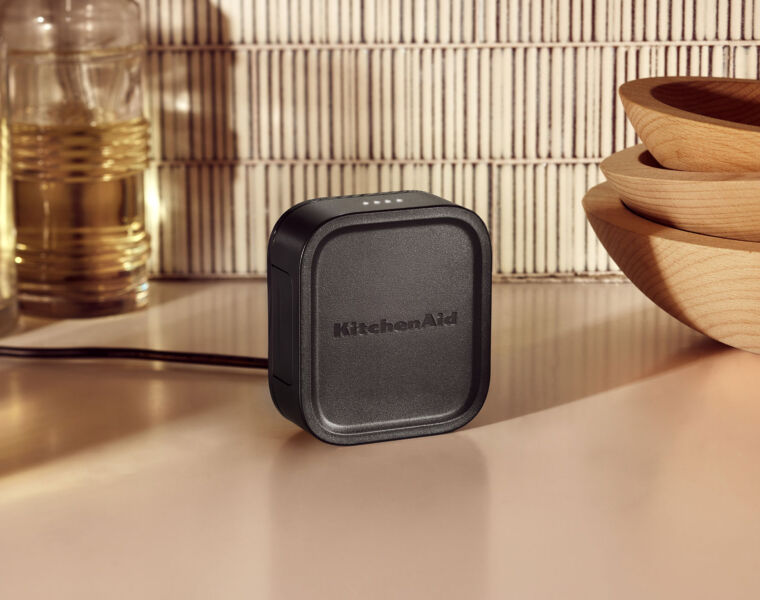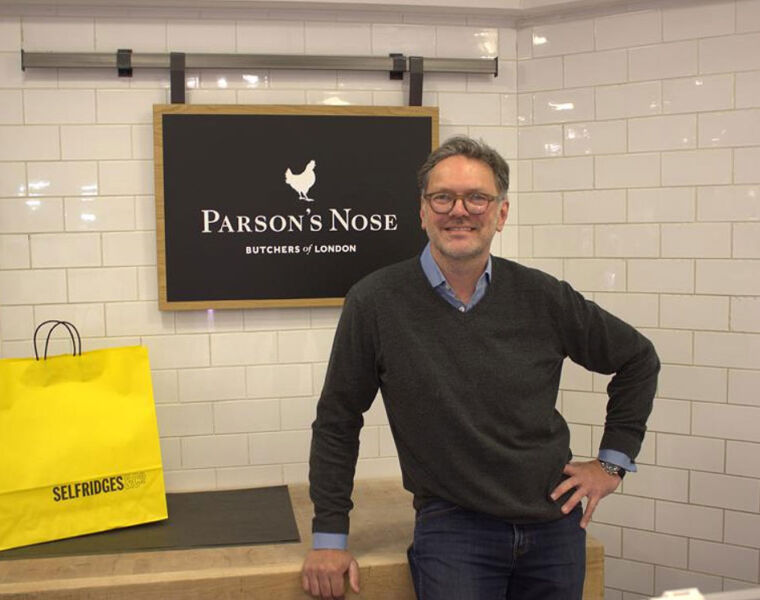
Jo Murphy has been a leading communication skills specialist for professionals for over 15 years, having helped train over 1,000 professionals in interpersonal skills to help support vital communication to ensure they can manage and react correctly to any scenario.
Jo has offered key tips to help us prepare for job interviews and ensure that our physicality, facial expression, voice and gesture maximise the way we come over in these often nerve-wracking situations.
Below is some communication advice to help you secure your next job.
Vocal Issues: Before you set off, or whilst in the car, make some silly faces to establish facial mobility by waking up those dormant muscles! Run through some tongue twisters, then throw out some of your chosen greeting sentences with clarity to ensure your voice is warmed up.
Be aware of maintaining vocal variation and monitor your pace, as many of us speak too quickly when nervous. Also, consider your tone and emphasis and stress the important words.
Introductions: Practice a clear sentence or two: what will you actually say when you arrive? This sounds obvious, but many people haven’t considered the social niceties here.
Handshaking: When you arrive, you need to be quick to read the room, the layout and what’s expected of you in terms of a handshake. In many scenarios, handshakes have returned, so ensure you’re ready with a reasonably firm grip, aligned with a broad smile and open facial expression with eyes that meet your interviewer to make the best first impression.
Chairs and seated position: in an ideal world of ‘chairology’, you’re given a simple upright office chair, but often you will find yourself in a chair that doesn’t put you in the best position for an interview.
If you are on a sofa or something similar, sit toward the front and lean a little forward if possible. Try and place your feet one in front of the other, well-grounded on the floor, as this will help to centre and ‘plant’ you.
Head Carriage: You must be alert and responsive once established in your seat. Ensure you look at your interviewer – although you can take your face away from them when considering your answers. If you have more than one interviewer or a panel, you need to make sure to answer your main interlocuter but then take in, briefly and respectfully, the other interviewers.
When listening, hold your head at a slight tilt – this demonstrates deference and that you are completely focused on your interviewer – and taking them seriously.
Facial Expression: Using facial mobility when you respond to your interviewer is crucial, and a lack of facial animation can significantly reduce one’s interview success.
You need to smile – your eyes and the whole orbital area need to show interest and engagement with what you’re saying and how you’re responding.
Eyes: Avoid flicking your eyes around the room nervously as you search for an answer, and instead, experiment with taking your eyes to the middle right or left, at nose level (according to whether you’re right or left-handed) with both hands held in mid-air at waist level which is a far more professional ‘look’ – take a deep breath and begin your response.
Gesture: Your hands should be kept still when listening to your interviewer and raised up – again, at roughly waist height – this time in front of you – when you want to emphasise various points or describe aspects of your work, obviously according to the question’s context.
Using no gesture at all is generally non-committal and could even look listless. The use of one hand is too careless and desultory!
Clothes, props and accessories: You must practice and be proficient with your ‘props’ – briefcases, handbags etc.– especially if you’ve bought any new equipment, clothes or shoes.
New interview clothes can sabotage our physicality, so do rehearse in them and break in any uncomfortable shoes.
To conclude: Try to be or appear to be:
- Relaxed
- In Control
- Confident
To help bridge a huge skill gap Jo has moved her course online – Doctors Interpersonal Skills 360 – to enable more doctors both in the UK and internationally to benefit from her vast experience through 12 easy-to-follow modules.
Jo Murphy’s communication course has already gained accreditation by the Royal College of General Practitioners in the UK and is available now for any medical professional who wants to advance their interpersonal skills with patients and colleagues.
To find out more about the course, visit – Doctors Interpersonal Skills 360.
Read more lifestyle guides, news and features here.

![]()




You must be logged in to post a comment.